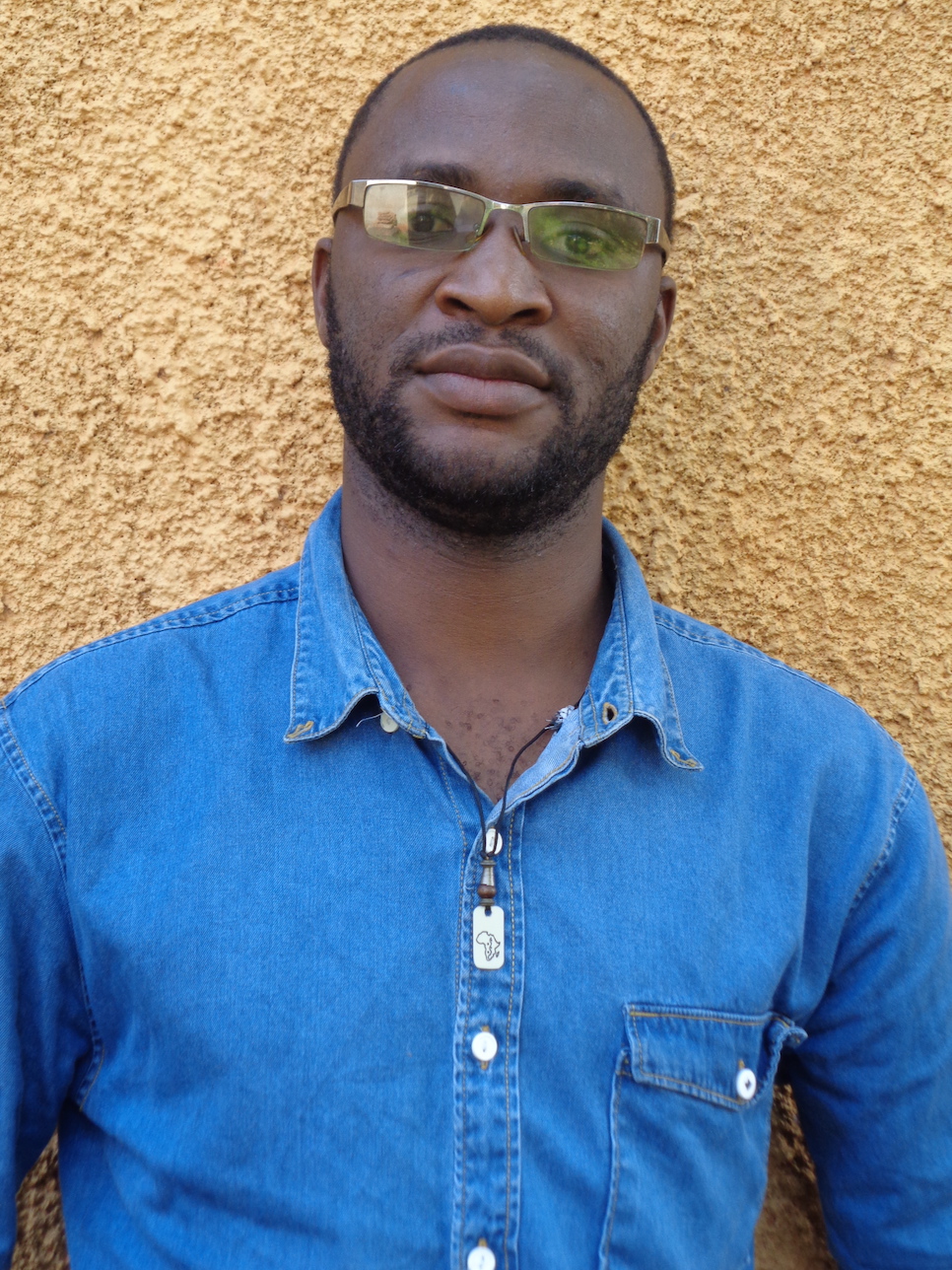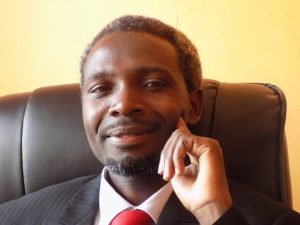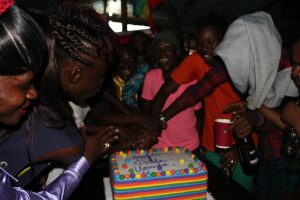By Barigye Ambrose
“OUTED-The Painful Reality”, a movie that centers on the rampant media outings of Ugandan LGBTI people is lined up for screening at the international film festival to be held in Philadelphia America. The movie will be shown from 7th-12th July 2015 at Perelman Theater at the Kimmel Center for the Performing. Hassan Kamoga the film director is expected to attend the event and address the audience about his film.
Background
On 25th February 2014, a Ugandan tabloid published names and photographs of the people they labeled “Top homosexuals” in the country. This outing not only provoked widespread hate messages towards the victims but also instigated widespread debate among the Ugandan society.
Based on this true story, the film looks into the life of John Alex Kigozi aka Vida who appears on the front page of the tabloid despite the fact that he had never disclosed his sexuality to anyone. Following the outing, Vida’s life turns woeful when he consequently loses his job, his house and so much more.
As film Director Hassan Kamoga prepares for his journey to Philadelphia, Ambrose from Kuchu Times caught up with him for a tell all.
Ambrose: We have learnt that OUTED will be screened at The International Film Festival, what does this mean to you as the director and the Ugandan LGBTI movement at large?
Hassan: One, I would like to rectify this, this is not my story, it is a story about gay people in Uganda who have been outed by our local tabloids; in fact I dedicated this film to people who have gone through media outings.
One of the major reasons why we made this film was because many people were being outed and ended up going through tough times as a result.
Many have lost jobs, some have been disowned by their families and others have been evicted by their landlords; I wanted to highlight all these problems to show the woes of an outed LGBTI person in Uganda.
Ambrose: Why did you focus on the issue of media outings not any other problem affecting this community?
Hassan: We did this because it is based on a true story; little was known about what happens to people after they have outed. This is someone who had never disclosed his sexuality and he was not even known to the gay community but he woke up one morning and his face was on the front page of a daily newspaper. In the end, the main character is killed like a common thief.
He was accused of stealing a boda boda (motor bike) but in true essence, this was just an excuse for the barbarity many gay people have to endure in this country.
Ambrose: OUTED has been nominated for various film festivals, what does this mean to the Ugandan LGBTI community?
Hassan: OUTED is an eye opener because many of these local tabloids didn’t know that when they expose people’s identities with their poorly researched information, they put people’s lives at risk.
We had to find a way a way of educating the masses about all the problems associated with the unnecessarily media outings. We hope that it will compel the media to respect people and not put them in harms way.
Ambrose: What challenges did you encounter while filming OUTED?
Hassan: There were so many challenges but there is only one that stood out.
Before you make a film, you do research and then look for funds to put everything together but we didn’t have any money to work on this film. Our group of three (Ivan Mayombwe, Isaac Matovu and I) opted to use our own resources.
We approached one of our friends in the local film industry who had promised to give us shooting equipment. We paid a deposit for the equipment but a day before shooting started, he learnt that the movie was LGBTI based and cancelled our contract. He said he couldn’t risk ‘promoting’ gay issues. For me, I’d say that was the most heartbreaking part of the entire process of filming OUTED.
Ambrose: What message do you have for both the viewers of OUTED?
Hassan: I want people outside Uganda to know what is really happening here because as the US celebrates the supreme court ruling on same sex marriage, in Uganda LGBTI persons are still struggling and our voices still need to be heard. For example the anti-homosexuality law was annulled on procedural grounds but this does not mean that LGBTI people are safe, the situation is still fragile and society is still harsh towards us. The struggle still continues.





